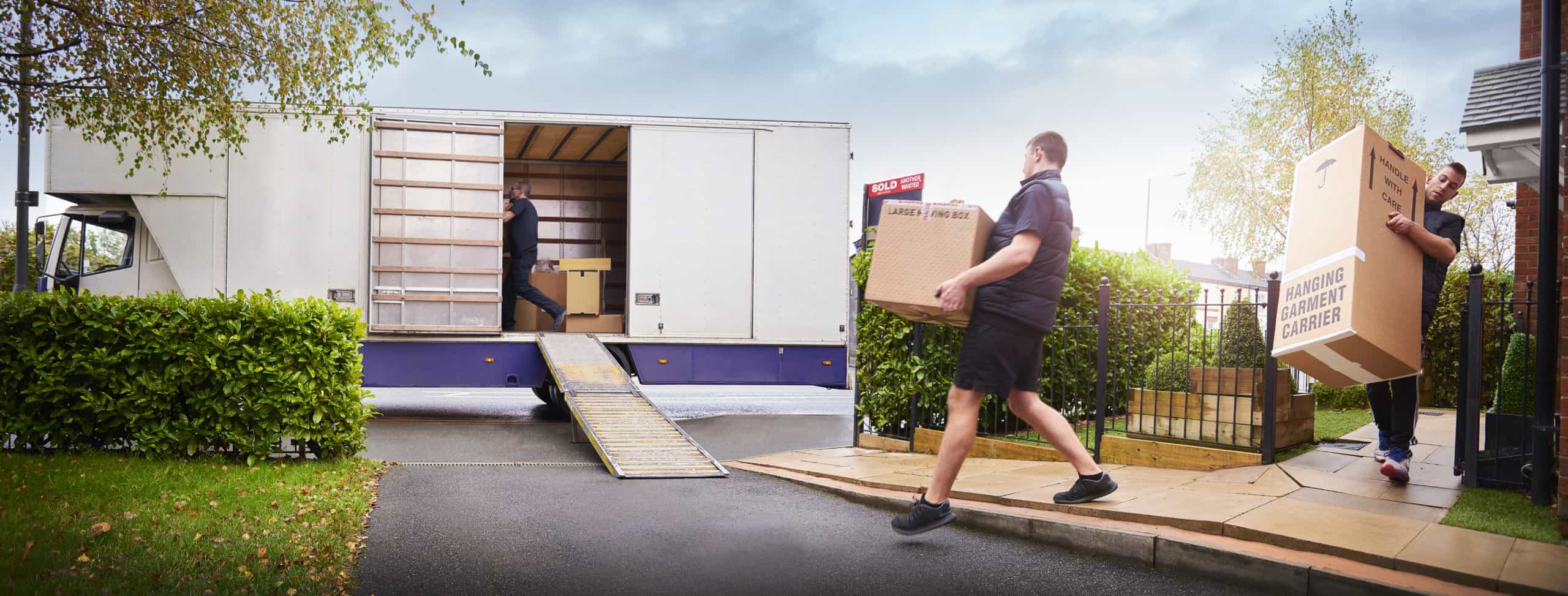Are you in search of storage facilities in London or the UK? You may have noticed that different types of storage options are now available. Traditional Self-Storage is one of them, but other cost-effective alternatives exist, such as Full-Service storage and storage pickup and delivery services. Choosing the right one can be confusing. Therefore, it’s essential to consider the details before making a decision. Let’s take a closer look at each option to determine which one suits your requirements.
Self-Storage
Self-storage is probably the type of storage that you’re most familiar with. You may have seen them while driving along the highway, with row after row of painted garage doors. These storage units are known as “drive-up access” units and were the only type available when self-storage facilities first emerged.
However, as the industry evolved, companies realized that other customers needed storage units that were temperature-controlled and protected from the elements. As a result, they began building storage facilities that offered both indoor storage units and the aforementioned drive-up access units. Both indoor and drive-up access units come in various sizes ranging from as small as 4 x 4 to as large as 12 x 30. The cost of a typical 4 x 4 storage unit can range from £79 to £139, depending on the market. Some facilities offer speciality storage for RVs, boats, and wine.
After determining the size of the storage unit you need and what your budget can accommodate, you can bring your belongings to your storage unit via your own transportation (car, pickup, van) or rent a moving truck. If you have one of the drive-up style storage units, you would park your vehicle in front of your unit and unload your belongings into the unit.
If you have an indoor unit, many facilities have a covered loading and unloading area where you can park your vehicle. You would then use the provided dollies to move your stuff from your vehicle to the facility’s freight elevator and unload your belongings into your unit. Obviously, with the self-storage type of arrangement, it helps to have a group of friends and family members to help you out, especially if you’re moving a whole house-worth of stuff.
Most self-storage facilities offer rentals on a month-to-month basis, so you are not committed to any long-term contract. Most facilities will charge you for a lock if you don’t provide your own. You’ll also have to pay for insurance coverage unless your homeowner or rental insurance covers storage rental, which many do. Some companies also charge a one-time administrative fee that ranges to cover the cost of setting up your account in their system and the associated paperwork.
These facilities normally have access hours from early in the morning until late at night. Some offer 24-hour access, while a minority of facilities are by appointment only. Some storage facilities offer climate-controlled storage units, meaning the temperature and humidity levels are acceptable. Others offer heated storage units where your belongings (and you) stay comfortable during the winter months.
It’s a good idea to visit the storage facility you’re considering and take a tour to get a first-hand look at the unit conditions and the upkeep of the property. Also, inquire about the level of security. At high-end operations, you’ll find that they’ll most likely have 24-hour video surveillance, individual pin key code access at all entry points, and cut-proof locks on their storage units. However, you should know that they are more expensive than other storage alternatives and notorious for rate hikes, hoping you won’t have the time to move elsewhere.
Full-Service Storage
Various types of storage companies are available, such as full-service storage companies like SMARTBOX Storage, also known as on-demand or valet storage. These companies offer pick-up, storage, and return or delivery of your stored items as and when required.
Depending on the company’s business model, you may be offered packing services free of charge or for a fee. Some companies may require you to pack your belongings yourself. It is advisable to wrap larger items like furniture in protective bubble wrap. Companies such as SMARTBOX Storage may provide free crates or charges for boxes and packing supplies, while other companies may offer free crates but require you to return them within a certain timeframe to avoid being charged.
After packing, you must schedule a pick-up appointment with the company, which can take up to a week, depending on the company’s policy. The cost of the initial pick-up varies from free to fixed rate, depending on the work’s scope.
On-site, the company will inventory and photograph the contents of each box/item. After entering this into their computer system, you can log into your account to inspect the inventory list and view the photographs of the items you’ve stored.
The company will store your items at their warehouse, which may be located in the same city or as far as 20-30 miles away, depending on your location. The warehouse conditions may vary from one company to another. Some companies offer climate-controlled warehouses like SMARTBOX Storage.
To retrieve your items, you must schedule a delivery date and time, which can take up to a week, depending on the company’s policy. The delivery costs vary between different operators.
Minimum storage times also vary. Many companies offer a typical month-to-month storage arrangement, while others require a minimum three- or six-month contract. Storage costs vary depending on the market you’re in. For instance, London has the highest prices, while other parts of the country are lower. We’ve seen prices ranging from £115 to £149 for a 5 x 5 unit, not including additional fees for pickup and delivery.
Pros and Cons of Self-Storage vs. Full-Service Storage
Self-Storage
- Pro: Access your belongings when you want. Also, facilities typically have long hours
- con: DIY, as the name implies, do-it-yourself
- con: Expensive rates link to real estate prices
- con: Frequent rate hikes and expensive insurance
- Pro: Single access to your belongings. Since you move them in and out and have the only key to your unit, there’s no chance of mishaps when others handle your stuff
- Con: Not all storage facilities are the same. Variables in security, cleanliness, pest control, customer service
Full-Service Storage
- Pro: Items picked up and delivered directly to you
- Pro: Some companies will pack belongings for you
- con: Convenience and much cheaper than others.
- Pro: Items are photographed and inventoried. Customers can view inventory and photos online
- Con: Some companies charge pickup fees and delivery fees
- Con: Some companies have a minimum storage term of as long as six months
- Con: Cannot visit the storage site to get stuff out yourself – must be delivered
- Con: Need to schedule date and time for deliveries.
Conclusions
When considering renting a storage unit, it’s important to weigh the convenience, price, and accessibility factors between self-storage and full-service storage.



